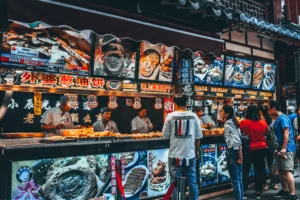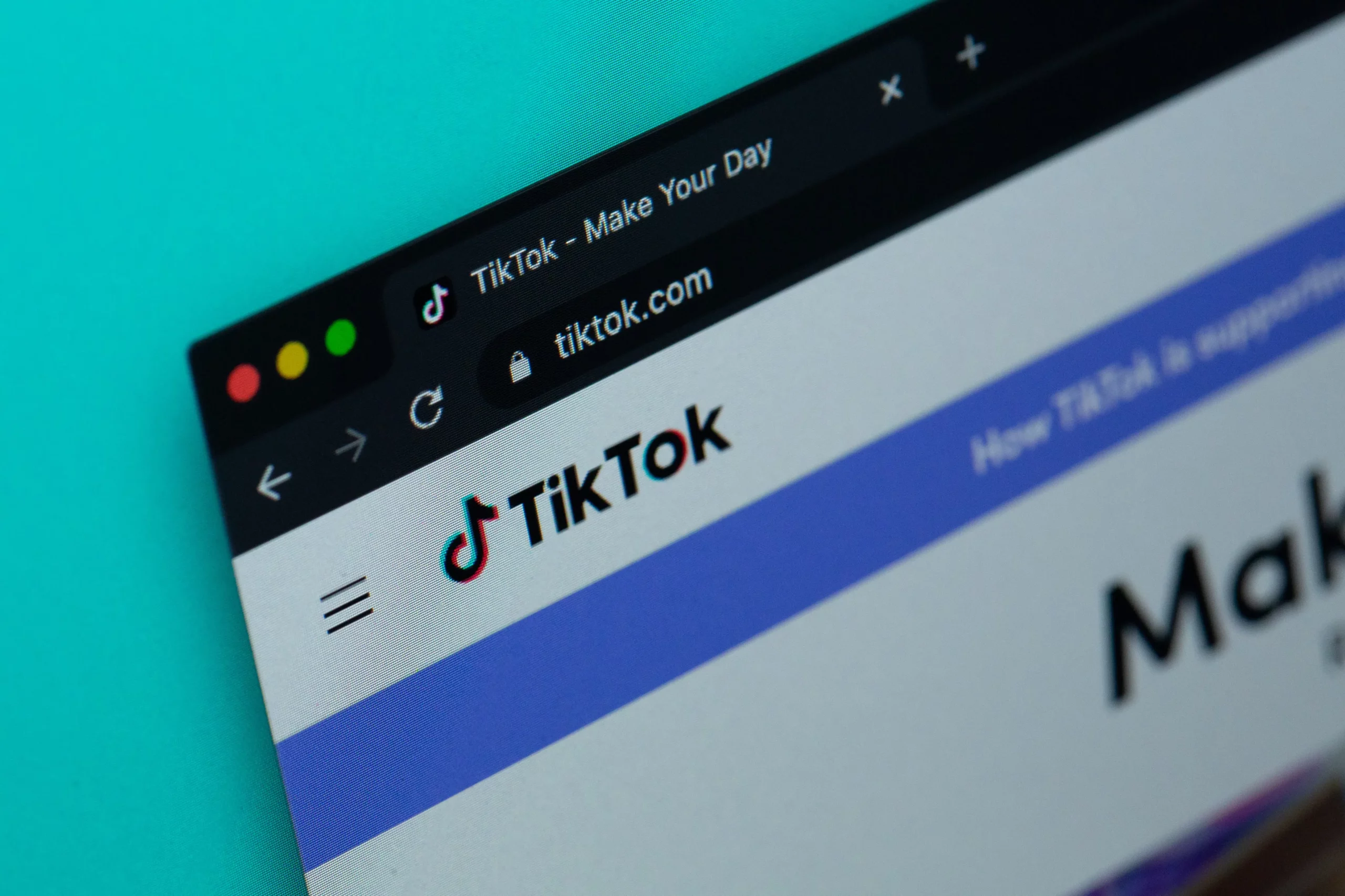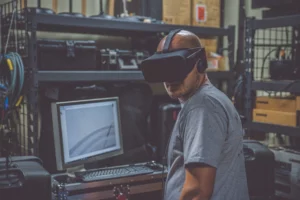
China’s Quest for Food Security: Balancing Import Dependency and Domestic Production
Unveiling China’s Food Security Challenges and Strategies: Import Dependency vs. Domestic Production.

In recent times, the immensely popular video-sharing app TikTok has faced allegations of being a Chinese Trojan Horse, raising concerns over national security. However, a comprehensive investigation by MintPress News has revealed that numerous former U.S. State Department officials hold key positions at TikTok. Additionally, individuals with backgrounds in organizations like the FBI, CIA, and other national security departments also occupy influential roles, potentially shaping the content seen by over one billion users. This blog post delves into the presence of these officials at TikTok and explores the implications of their involvement.
TikTok has been actively recruiting former State Department officials for its operations. Notable examples include Jade Nester, the head of data public policy for Europe, and Mariola Janik, TikTok’s trust and safety program manager. While no impropriety is indicated, concerns arise as U.S. government agents occupy influential positions at TikTok.
Christian Cardona, a former State Department official, joined TikTok as a product policy manager for trust and safety. However, his subsequent departure raises questions about the potential influence exerted by such transitions.
Several TikTok employees have extensive backgrounds in the U.S. national security state, such as Brad Earman and Ryan Walsh. Their roles in criminal investigations and digital strategy, respectively, highlight a broader trend of individuals moving from government to private companies.
While discussions often focus on digital influence operations by adversaries, the United States actively engages in manipulating public opinion online. The revelation underscores the country’s involvement in shaping global public discourse.
The influx of State Department officials into TikTok is a result of “Project Texas,” initiated in 2020 to avoid a complete ban in the United States. This project involves relocating TikTok’s data to Austin, Texas, and partnering with Oracle, a tech giant with close ties to the CIA.
The hiring of national security personnel to oversee TikTok’s operations suggests a concerted effort by the U.S. government to establish control over the popular social media platform.
TikTok’s immense influence, especially among younger generations, has drawn concerns about the app’s potential threat to national security and user privacy. The presence of former government officials raises questions about the extent of government control over the platform.
The involvement of State Department officials and individuals with national security backgrounds suggests a level of oversight and influence by the U.S. government. This could have implications for the content that appears on the platform and the algorithms used to curate and recommend videos.
Privacy concerns are a critical aspect of the TikTok controversy, considering the app’s significant collection of user data. The presence of former U.S. government officials at TikTok may alleviate some concerns regarding data security, but the potential for misuse or unauthorized access remains.
Striking a balance between protecting national security and safeguarding individual privacy and freedom of expression is essential. Transparency and accountability are crucial to ensure that user data is protected, and TikTok’s content remains unbiased and free from undue manipulation.
The presence of former U.S. State Department officials and individuals with national security backgrounds at TikTok raises valid concerns about the platform’s potential for government control and manipulation. While the intentions and actions of these individuals may be driven by legitimate concerns for national security, it is essential to maintain a critical eye on the impact of their involvement on user privacy, content moderation, and the integrity of public discourse. Striking the right balance between national security and individual rights is paramount in the evolving landscape of social media and digital platforms.

Unveiling China’s Food Security Challenges and Strategies: Import Dependency vs. Domestic Production.

Revolutionizing Flight: DARPA’s AI Takes the Reins of Actual F-16s in a Major Breakthrough.

Discover the pivotal role of AI in the future of geopolitics, influencing everything from military advancements to international diplomacy.